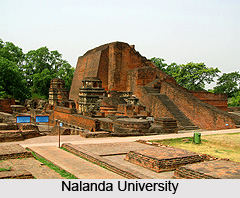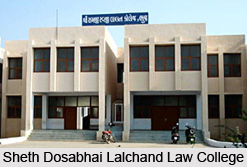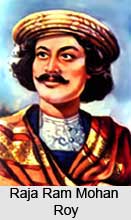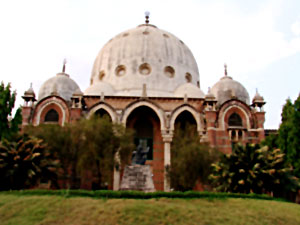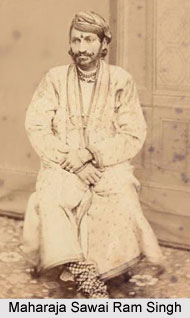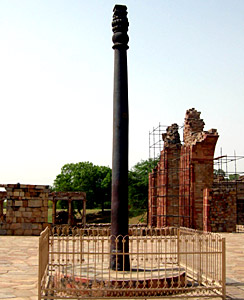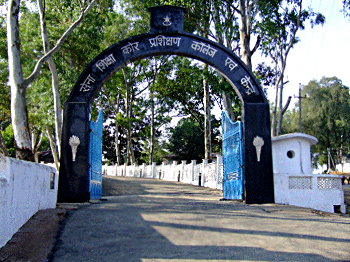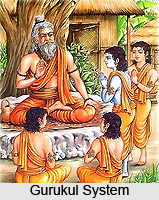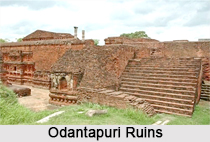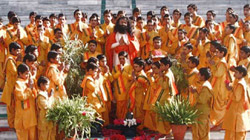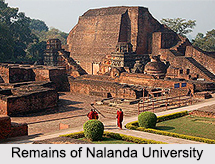Jawaharlal Nehru Medical College (JNMC), Ajmer is considered as one of the prominent medical institutions in Ajmer, Rajasthan. The college came into existence in 1965, and there are 100 seats approved for MBBS and 51 seats for postgraduate course, in this college. The Jawaharlal Nehru Medical College and Hospital is affiliated to the Rajasthan.
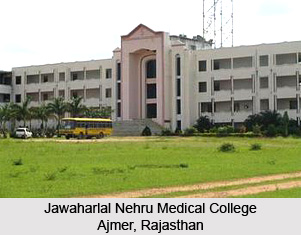 Jawaharlal Nehru Medical College (JNMC), Ajmer is among the six medical colleges in the state of Rajasthan, where the admission is based upon paramedical entrance examination. The University of Rajasthan is in charge of conducting the examination. The entrance exam is a competitive one and the students are allocated into one of the six medical colleges in Rajasthan, based on their ranking in the entrance exam. There are also some seats reserved for the candidates, who get selected through the central premedical entrance examination. The students coming from the underprivileged communities also have some seats reserved for them.
Jawaharlal Nehru Medical College (JNMC), Ajmer is among the six medical colleges in the state of Rajasthan, where the admission is based upon paramedical entrance examination. The University of Rajasthan is in charge of conducting the examination. The entrance exam is a competitive one and the students are allocated into one of the six medical colleges in Rajasthan, based on their ranking in the entrance exam. There are also some seats reserved for the candidates, who get selected through the central premedical entrance examination. The students coming from the underprivileged communities also have some seats reserved for them.
Jawaharlal Nehru Medical College (JNMC), Ajmer offers a number of medical courses . The courses include MBBS, MD in Anesthesia, Med, Pediatrics, Pathology, Physiology, Pharmacology, Preventive and Social Med, Radio-diagnosis, and also MS in Anatomy, Gynecology and Obst, Ophthalmology, Ortho, Surgery and ENT etc. The duration of the course is four years. Apart from that, there is half years of training programme plus a year of compulsory internship in the college. After completion of the course , the students get the MBBS degree certificate from the University of Rajasthan.
This article is a stub. You can enrich it by adding more information to it. Send your write up to content@indianetzone.com.
